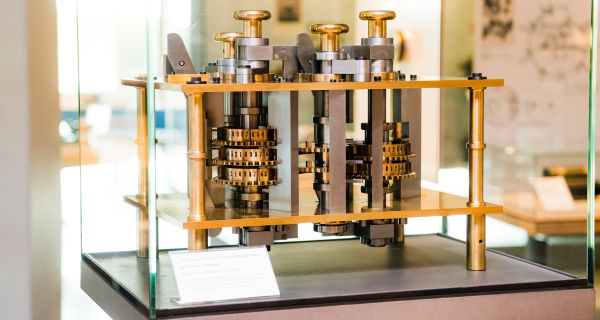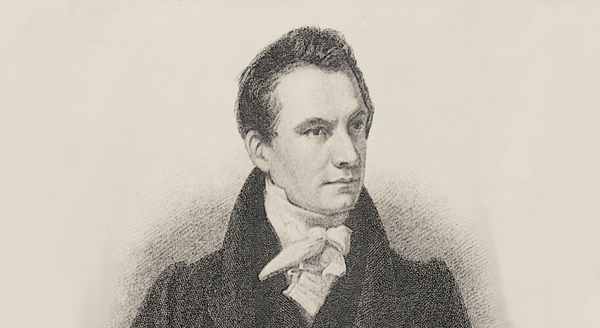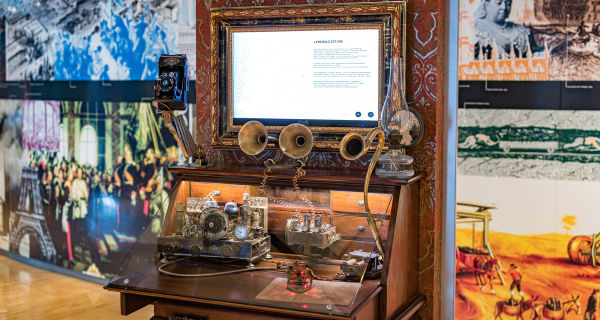In the history of computers, Charles Babbage is often celebrated as the "first computer pioneer" and as a scientist and inventor who was 100 years ahead of his time. This reputation is primarily based on the invention of the Analytical Engine, a mechanical automatic calculating machine which featured an arithmetic and logic unit, memory, input/output, and sequential control by means of punched cards.
Visionary scientist
Charles Babbage, the son of a banker born in 1791 in Walworth, England, studied mathematics at Cambridge University from 1810 to 1814. In 1816, he became a Fellow of the Royal Society of London, the most important scientific society in England. Following the death of his father, he was financially independent and exerted great influence on the evolution of science in England without ever holding an official post. He was not only an outstanding mathematician and inventor but also a reformer of science and society. Babbage's initial fame was due to the invention of the Difference Engine. His occupation with the preparation of mathematical tables - a time-consuming activity that was prone to error - gave him the idea in 1821 of doing this automatically with the aid of a machine which would total differences.
The unfinished "Difference Engine"
Construction of the Difference Engine, which was to consist of 25,000 parts, developed into one of the first large-scale scientific projects, although it ultimately failed. In 1833, work on construction of the machine was discontinued after a dispute between Babbage and the engineer Joseph Clement. By then, more money had been spent on this project than would have been needed to build 20 steam locomotives. Finally, it was other inventors who built the first working difference engines, but they were all influenced by Babbage's ideas.
The idea of an universal calculating machine
Nor did Babbage ever complete his second machine - the Analytical Engine. Although the Analytical Engine had no direct impact on the invention of modern electronic computers, Babbage is still regarded as the first scientist and inventor to have the idea of developing a universal machine.


